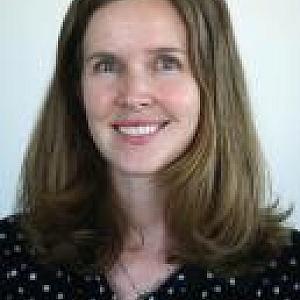
Kellie Schmitt
Affordable Care Act Blogger, Freelance Health Reporter

Affordable Care Act Blogger, Freelance Health Reporter
I write for the Center for Health Journalism's Remaking Health Care blog. Previously, I was a health reporter for the Bakersfield Californian, a staff writer for the San Jose Mercury News, and a business reporter for the San Francisco Recorder. I spent two years reporting from China for publications including The Economist's Business China, China Economic Review, and CNN Travel.
In 2012, I was a Health Journalism Fellow. My project examined the high number of foreign-trained doctors in California's Central Valley, a series which won awards from the Association of Healthcare Journalists and the California Newspaper Publishers Association.
I also worked with the Center for Health Journalism's multi-part, collaborative series on the devastating toll Valley Fever has had on California's Central Valley.

Are patients more likely to comparison shop when states increase pricing transparency? A recent report found that while New Hampshire's effort was effective in highlighting price gaps between providers, consumer response was tepid and costs didn't go down.
Kern's physicians come from many far-flung corners of the globe. Dr. Carlo Amazona originally from the Philippines shares how his experience growing up with no doctor made him becoming one.
Dr. Elyzabat Tadros shares her journey to become a doctor from her native Sudan to her current home in Bakersfield.
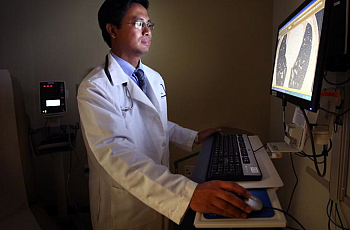
Kern's physicians come from many far-flung corners of the globe. This piece takes a look at several compelling personal journeys.
Jesse Cottrell is a fourth-year medical student who decided to attend the American University of the Caribbean for a simple reason: "I couldn't get into a U.S. school."
Concerns about the quality of Caribbean-educated students aren't completely unsubstantiated. A 2010 study published in Health Affairs examined mortality rates of nearly 250,000 hospitalizations. The patients of foreign-born international medical graduates had the lowest patient death rates while U.S. citizens who study abroad had the highest rates -- a difference authors called "striking."
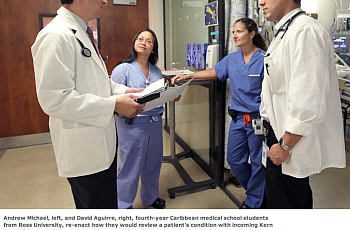
Kellie Schmitt reports on a Caribbean medical school that recently agreed to pay Kern Medical Center $35 million to have its students train at the cash-strapped county hospital. Some see this as one way to help solve the U.S. shortage of primary care physicians. Others worry because Caribbean medical schools don't receive the same accreditation as their U.S counterparts.
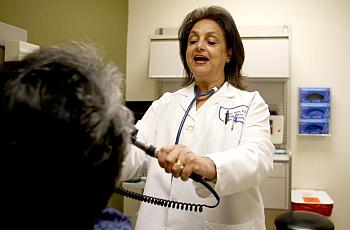
This year, there were 26,772 residency positions in the United States and just 19,230 U.S. medical school graduates to fill them.
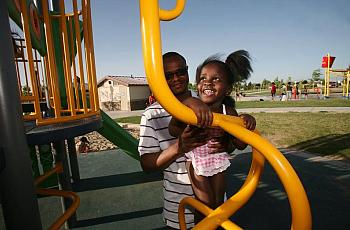
More than 5,000 doctors from sub-Saharan Africa practice in the United States. That migration has had "a significant negative" effect on the ratios of doctors to population in Africa.
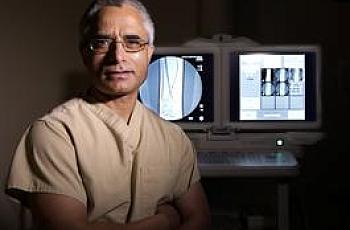
Fifty-seven percent of Kern County's doctors attended medical school overseas, according to a Californian analysis of state Medical Board data.